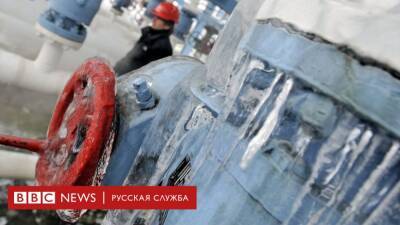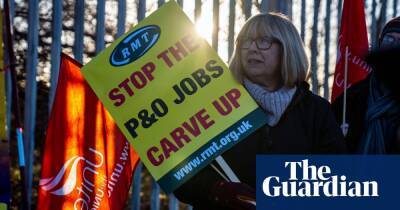The Guardian view on ghost flights: a symptom, not the disease
Between March 2020 and September 2021, airlines flew 15,000 near-empty or empty planes – “ghost flights” – from UK airports to keep hold of their landing and takeoff slots. This absurd and shameful behaviour in the face of a climate emergency cannot continue. Tim Johnson from the Aviation Environment Federation points out that a Boeing 737-800 – the dominant aircraft on short-haul routes – emits about 18 tonnes of carbon dioxide on a 1,500km flight. Using that measure, these ghost flights put 270,000 tonnes of greenhouse gas into the atmosphere. The industry might argue that this represents less than 1% of total UK aviation emissions in 2019, but the practice is completely wrong in a world with net zero commitments.
In normal times, airlines could keep their slots from the previous season as long as they used them 80% of the time. This was reduced to zero when Covid struck – as demand for air travel suddenly disappeared and international borders closed – but has gradually increased. Slots run on a “use it or lose it” basis. Because demand is still well below supply of flights, empty planes are being flown to keep slots. Greenpeace says that more than 100,000 ghost flights will have been seen over European skies this winter. The climate damage, says the green pressure group, is equivalent to the yearly emissions of more than 1.4m cars.
Airlines’ ghost flights are needed to keep hold of slots because carriers care about financial, rather than the Earth’s, assets. IAG, the parent company of British Airways, valued its slots at three major hubs of London, Madrid and Dublin at €1.6bn (£1.3bn) in 2018. The Scandinavian carrier SAS sold two slot pairs at Heathrow a year earlier to American Airlines for $75m (£55m). And in 2015,
Read more on theguardian.com


![Cardano [ADA]: Assessing if recent sell signals might play spoilsport - ambcrypto.com - city Santiment - city Ada](https://finance-news.co/storage/thumbs_400/img/2022/4/4/20324_7rgaw.jpg)










![Avalanche [AVAX]: Identifying the roadmap, roadblocks to alt’s $100 target - ambcrypto.com](https://finance-news.co/storage/thumbs_400/img/2022/4/4/20313_yjaa.jpg)






